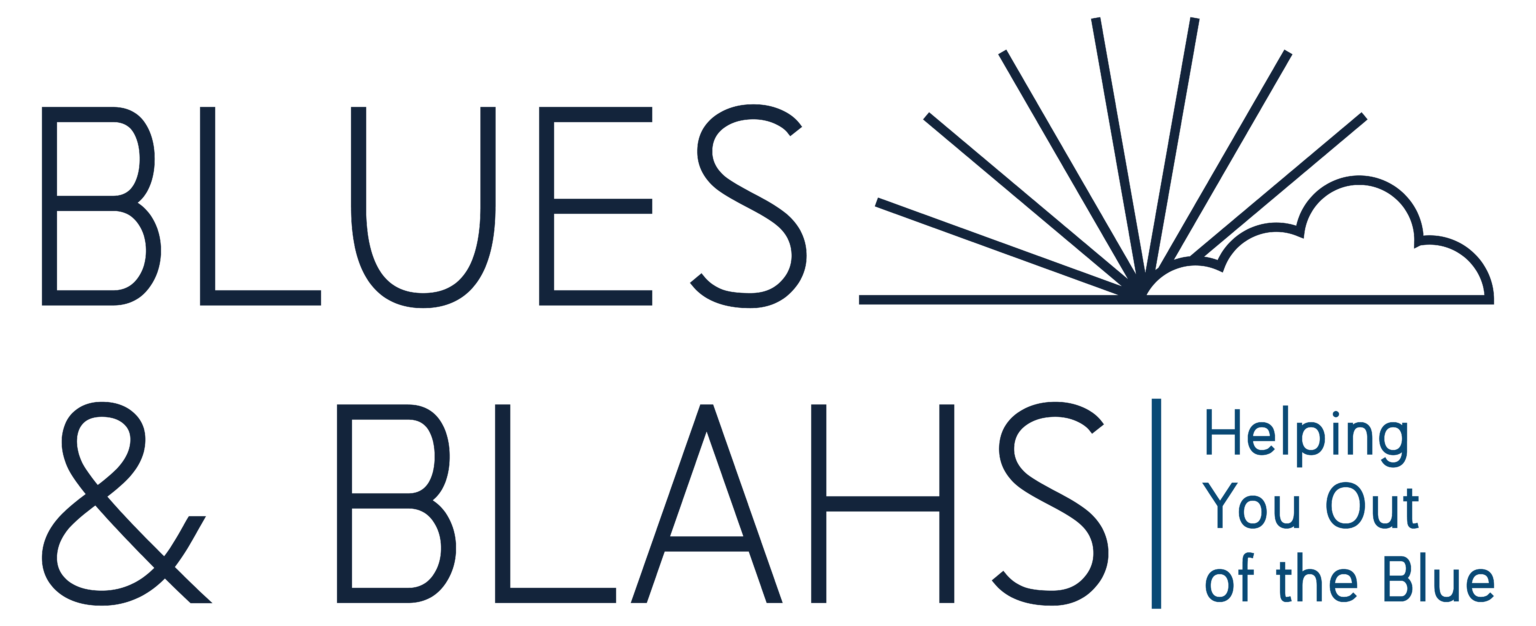Nicotine and alcohol addiction are serious chronic diseases that can cause immense health, social, and financial burdens. They are characterized by an inability to stop using nicotine or alcohol despite the negative effects on a person’s life.
Nicotine is a highly addictive substance found in tobacco, including cigarettes and e-cigarettes. It stimulates the release of dopamine in the brain, which provides feelings of pleasure and reward. Over time, the brain becomes dependent on nicotine to feel normal, leading to addiction.
Alcohol addiction, also known as alcoholism, is a disease that affects people of all walks of life. It is defined by a preoccupation with alcohol and impaired control over alcohol intake. Alcohol addiction can lead to severe health complications, including liver disease, heart disease, cancer, and mental health disorders.
If you or someone you know is struggling with nicotine or alcohol addiction, it’s important to seek help. Here are some steps you can take:
- Acknowledge the Problem: Admitting that you have a problem is the first step towards recovery.
- Seek Professional Help: A wide range of treatments are available, including medication, therapy, and support groups. A healthcare provider can guide you towards the best treatment options for your situation.
- Reach Out to Support Groups: Organizations such as Alcoholics Anonymous (AA) and Nicotine Anonymous offer support groups where you can share your experiences and gain support from others who are also struggling with addiction.
- Educate Yourself: Learn about the nature of addiction and the recovery process. This can help you understand what you’re going through and give you the tools to cope.
- Practice Healthy Lifestyle Habits: Regular exercise, a balanced diet, and sufficient sleep can all help your body recover from addiction and reduce cravings.
- Avoid Triggers: Identify situations, places, or people that trigger your desire to smoke or drink and try to avoid them.
- Stay Committed: Recovery is a long process and requires commitment and patience. There may be setbacks, but it’s important to stay focused on your goal of sobriety.
Remember, you’re not alone. Many people have successfully overcome addiction and gone on to lead fulfilling, healthy lives. With the right help and support, you can too.
